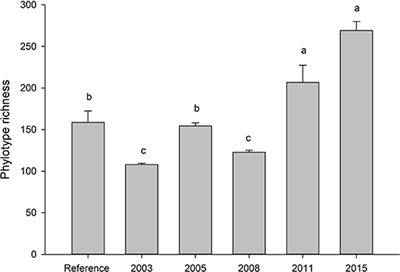EDITORIAL
Published on 22 Apr 2021
Editorial: Forest Rhizosphere Interactions: Cascading Consequences for Ecosystem-Level Carbon and Nutrient Cycling
doi 10.3389/ffgc.2021.676191
- 1,278 views
- 2 citations
9,560
Total downloads
56k
Total views and downloads
You will be redirected to our submission process.
EDITORIAL
Published on 22 Apr 2021
ORIGINAL RESEARCH
Published on 22 Oct 2020
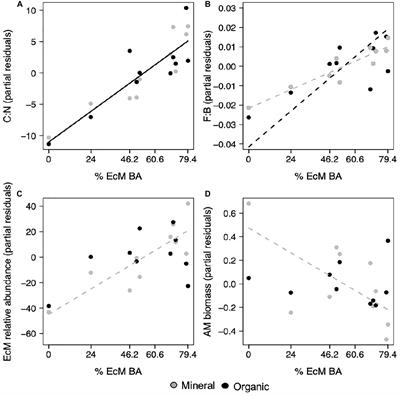
REVIEW
Published on 06 Aug 2020
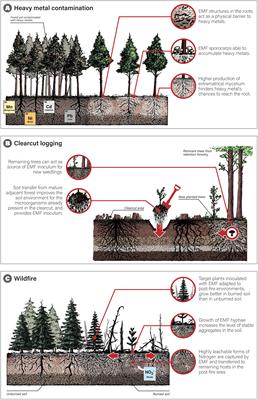
REVIEW
Published on 14 Jul 2020
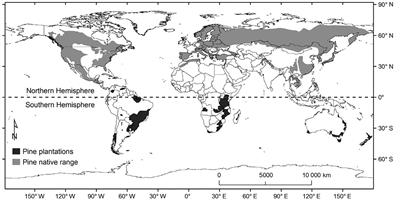
ORIGINAL RESEARCH
Published on 30 Jun 2020
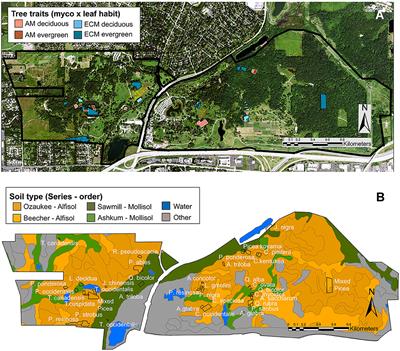
ORIGINAL RESEARCH
Published on 13 Dec 2019
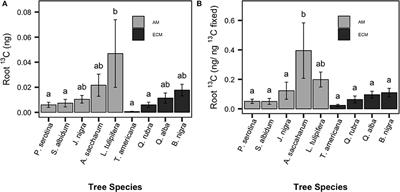
ORIGINAL RESEARCH
Published on 26 Nov 2019
